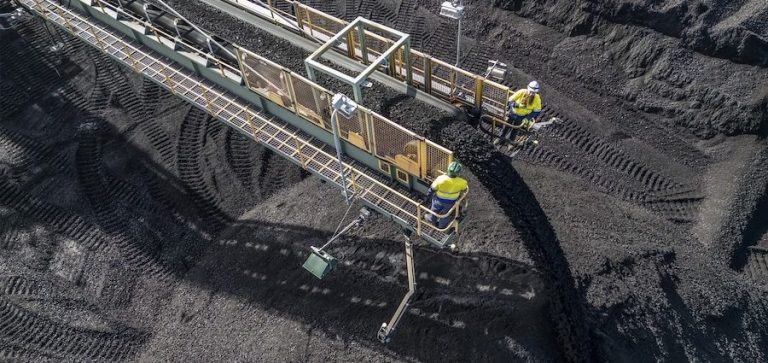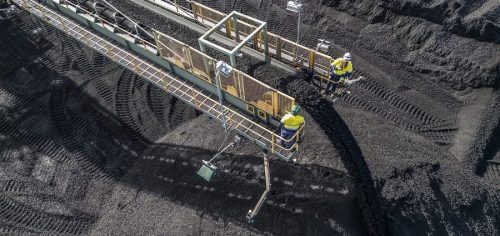Zambia Mine Waste Disaster: Government Insists Water Safe Despite Report of 30x Higher Toxic Spill
The Zambian government has moved to reassure the public about water safety following growing concerns over pollution from a recent mining disaster.
A new independent study suggested the scale of contamination from a Chinese-owned copper mine may be far greater than initially disclosed.
“The water is fit for consumption,” Zambia’s Minister of Green Economy and Environment, Mike Mposha, told reporters in Lusaka on Friday.
Laboratory results released this week indicated that pH acidity levels in surrounding water sources were within safe limits.
However, elevated concentrations of manganese and zinc were detected in four of the 23 sites tested, the minister confirmed.
The disaster was triggered by the partial collapse of a waste dam at Sino-Metals Leach, a Chinese state-owned copper mine in Zambia’s Copperbelt Province.
According to Drizit Zambia Ltd., the environmental auditor initially hired to investigate the incident, as much as 30 times more toxic sludge may have been released than officially reported.
In a June 3 letter, Drizit described the spill as a “large-scale environmental catastrophe,” warning of ongoing health risks linked to heavy metal contamination.
Official reports state that at least 50,000 tons of acidic mine waste escaped when the dam burst. Drizit, however, estimated that more than 1.5 million tons were lost—enough to fill over 400 Olympic-sized swimming pools.
Minister Mposha declined to endorse Drizit’s findings, saying he had not yet received an official report and would not speculate on the volume of the spill.
Zambia, Africa’s second-largest copper producer, aims to triple copper output to 3 million tons by the early 2030s, making mine safety and environmental oversight critical.
Despite growing concerns, the government last week played down the threat, insisting that “immediate danger to human, animal and plant life has been averted.”
Sino-Metals has issued a formal apology, distributed compensation to affected farmers, and paid a government fine of 1.5 million kwacha (around $65,000).
The company has since terminated its contract with Drizit, citing alleged contractual breaches. Drizit declined to comment further.
The incident highlights ongoing global risks linked to tailings dam failures. Similar disasters have caused widespread devastation, including the 2019 Vale dam collapse in Brazil, which killed more than 272 people.
Experts warn that such failures can result in long-lasting environmental damage, property destruction, and significant loss of life.










